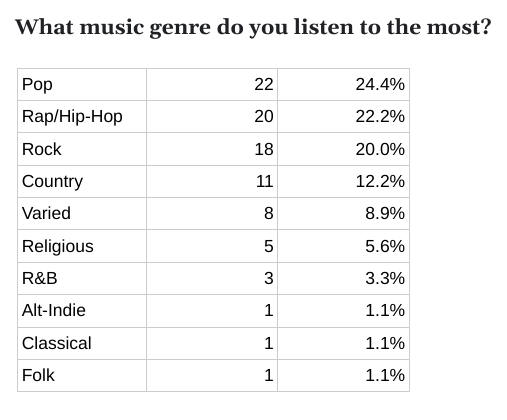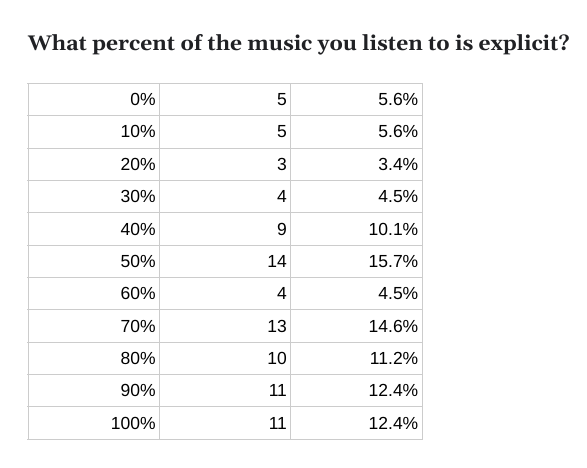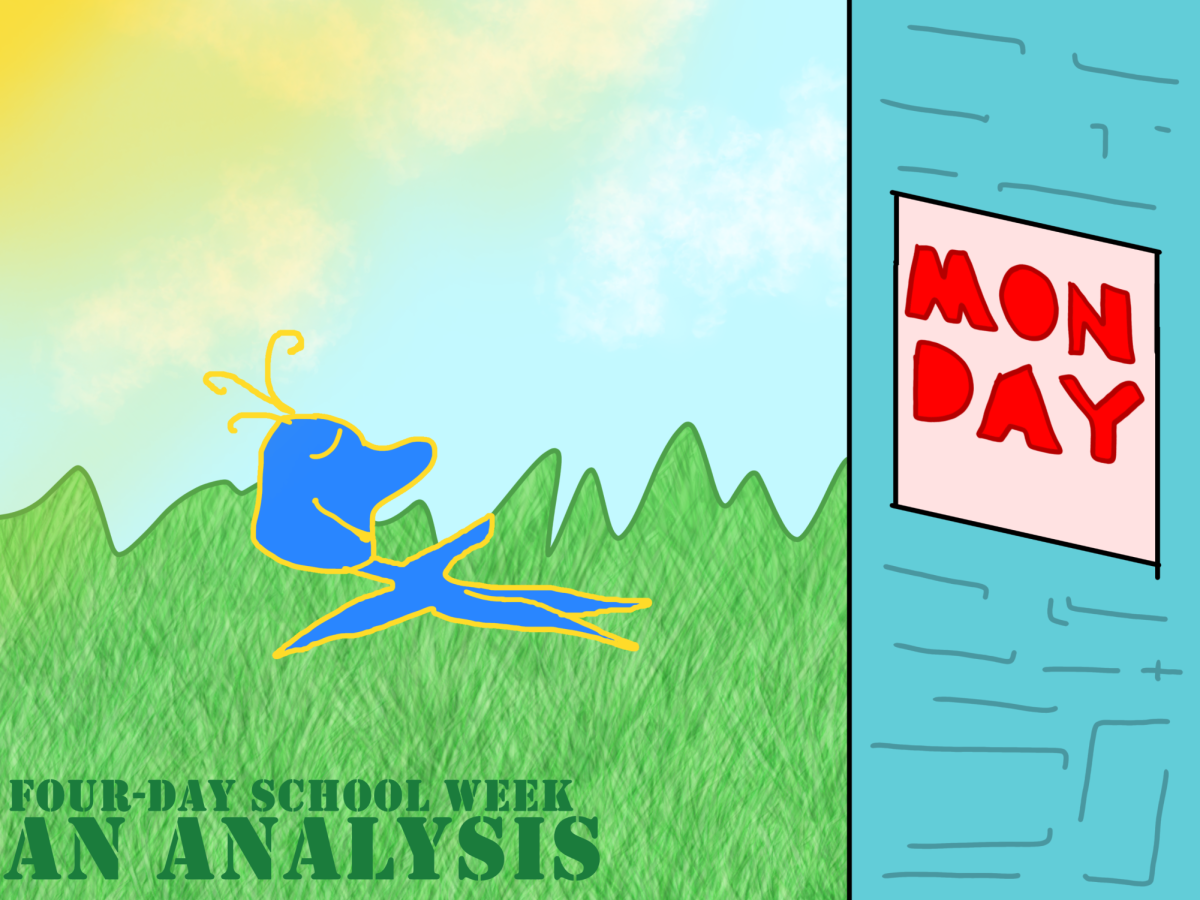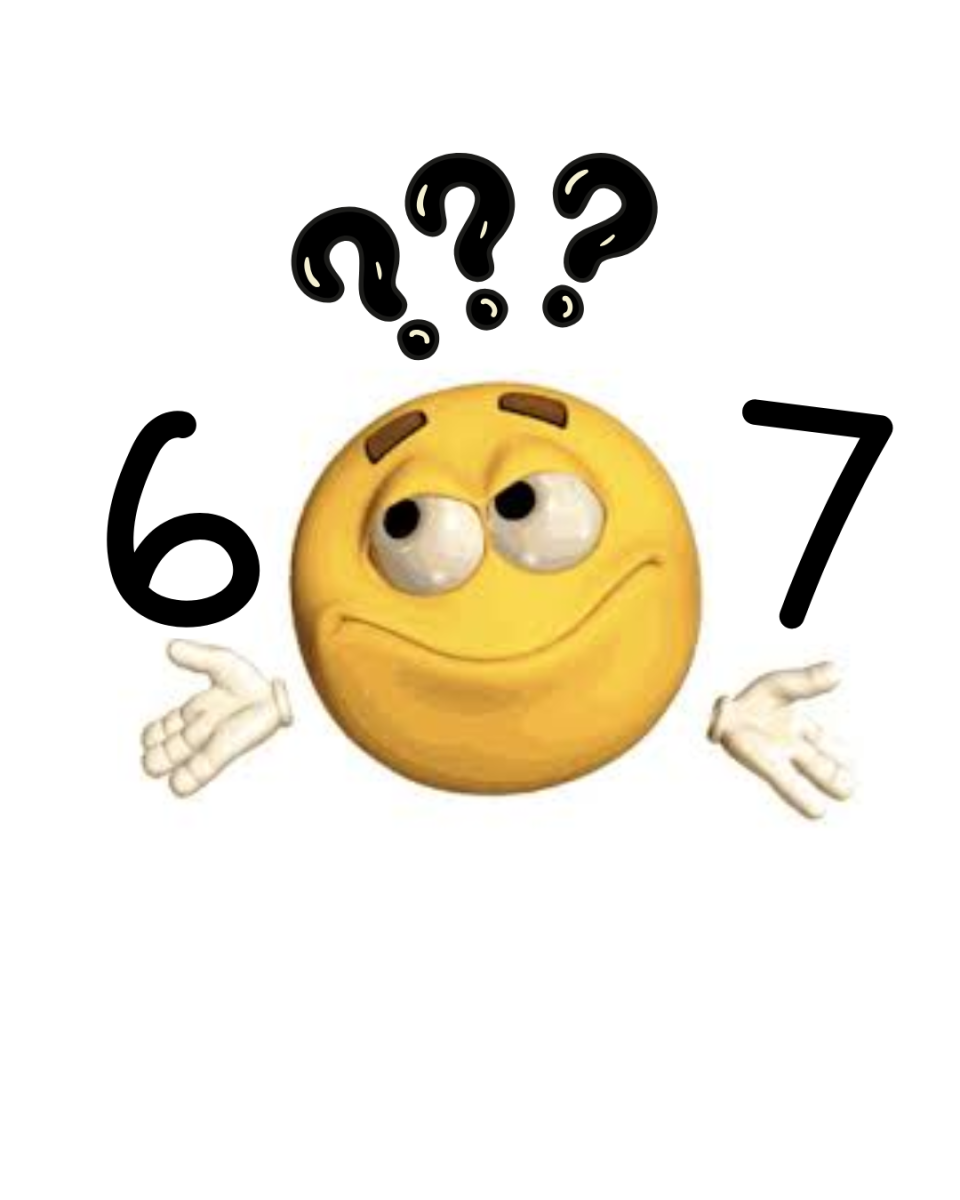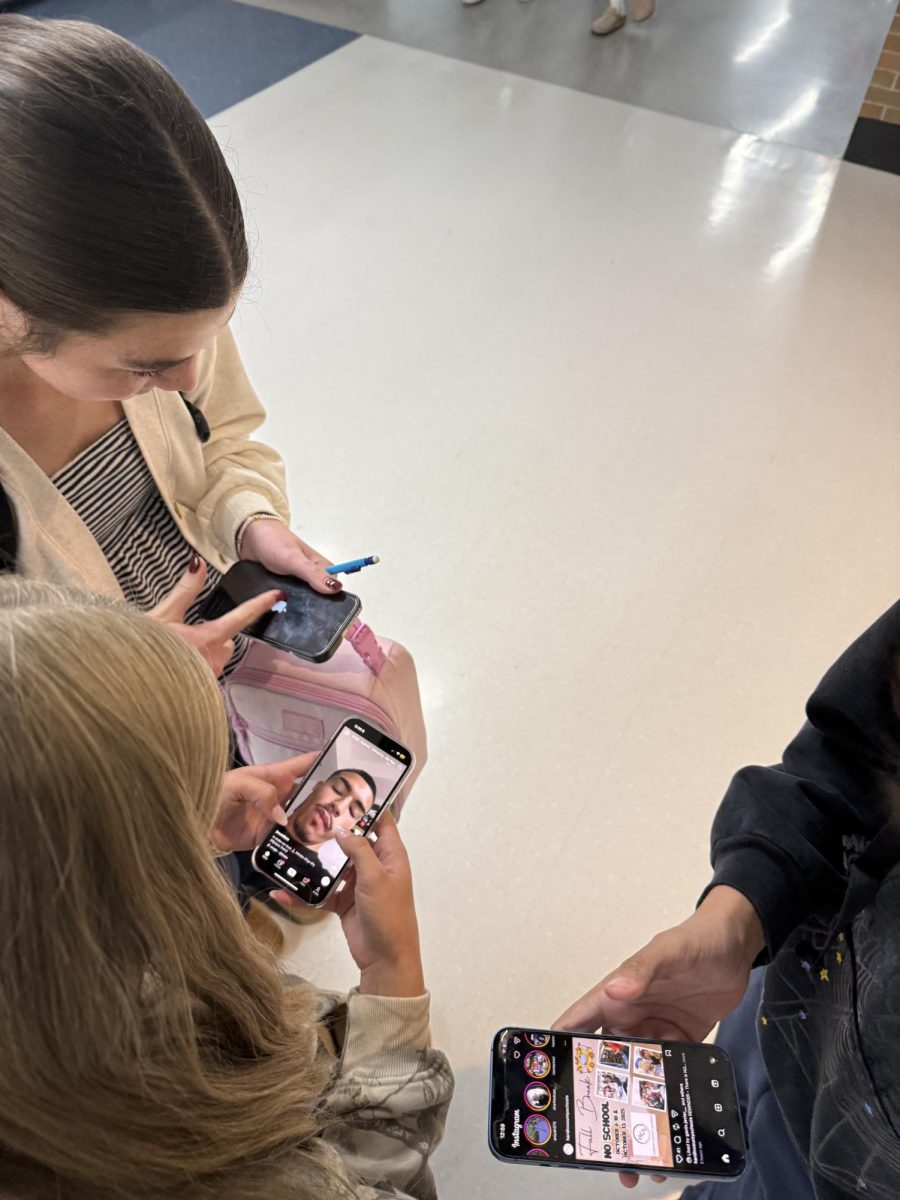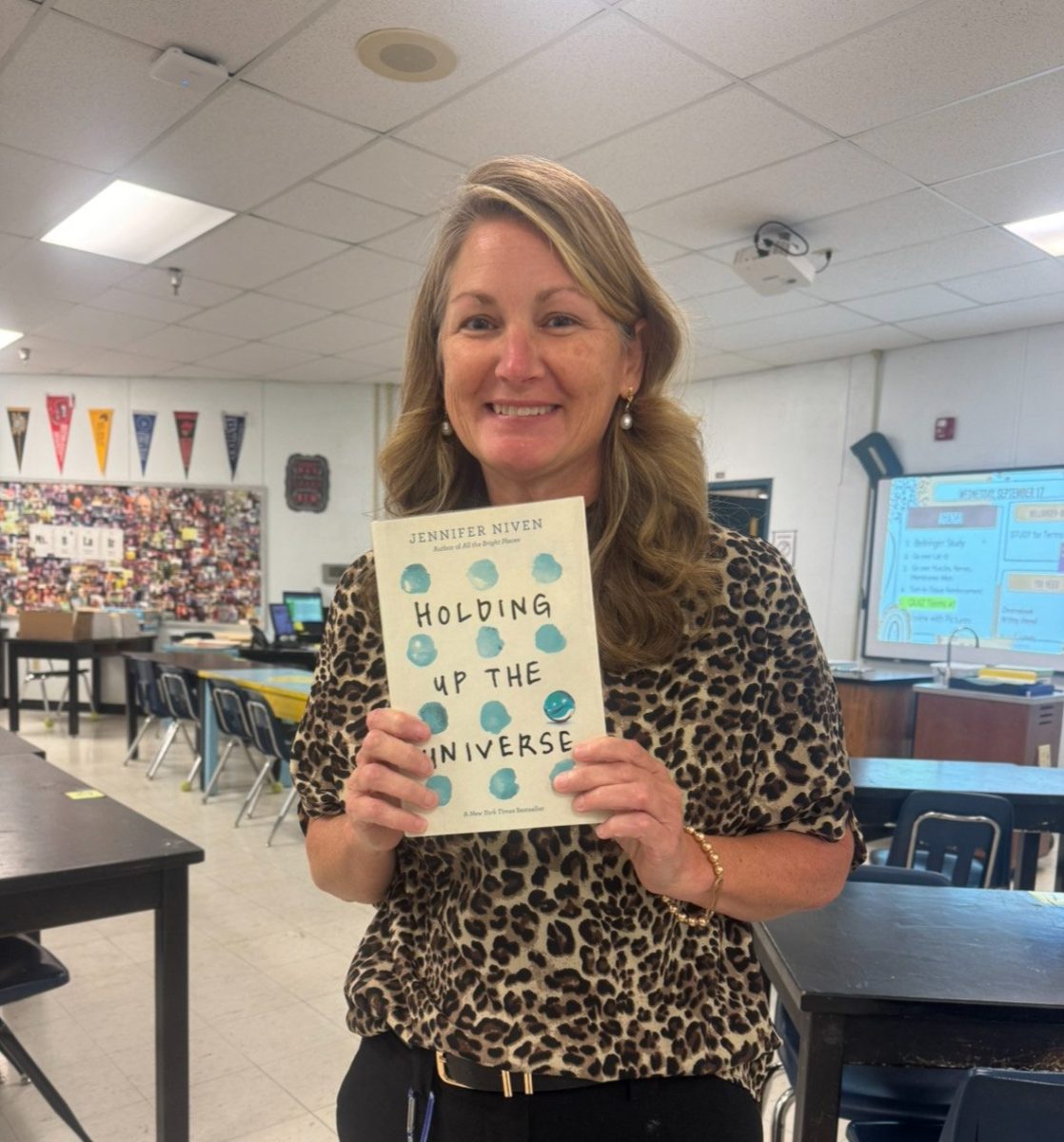Time with friends and fellow students allows for sharing music, whether by choice or circumstance. The fact is, music surrounds us in many aspects of our lives. Given our continuous exposure to music, it is important to consider the effect lyrics have on our brains—for better or for worse.
A Central Times Survey posed the question, “How many hours in a day do you listen to music?” Out of 89 anonymous student responses, 10.11% listen to music for more than 12 hours, 16.85% listen for six to nine hours, 26.97% listen for three to six hours, and 41.57% listen for three or fewer hours.
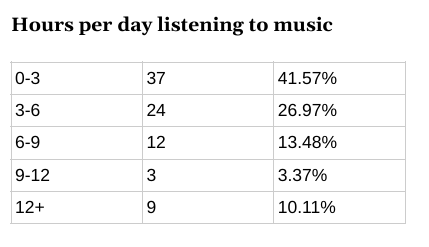
All that exposure to music begs the question: How does it affect us?
Music can positively impact an individual by giving them an outlet, a way of connecting to others.
“Through music, individuals can express their unique experiences, struggles, and triumphs, forging connections with others who share similar backgrounds,” according to Psychology.org.
Connections to music can bring people together and allow for an open space for communication. Songs like “No Obligation” by The Linda Lindas and “FIRE4FUN” by Jhariah include artists with different backgrounds and experiences sharing their stories.
On the other hand, interacting with any form of media can lead to the adoption of ideas and beliefs presented by the creators, whether or not they reflect the listener’s ideology. Psychologists explain this phenomenon with cultivation theory. Cultivation theory is the idea that individuals adopt and exhibit behaviors and values as seen or heard through media, according to Britannica.com. While initially theorized with television, this effect is readily viewed with music interaction. Exposure to music can, for example, impact a person’s mentality, mood, and even attitude toward things such as school, violence, sex, government, and religion.
It is important to consider the effect music is having on your own beliefs. Every so often, take a look at some of the lyrics of your favorite songs and think about what they mean to you.
“I think music in itself is healing. It’s an explosive expression of humanity. It’s something we are all touched by. No matter what culture we’re from, everyone loves music,” singer-songwriter Billy Joel said. If you are interested, comment on this article on how music has impacted you.
A look at Central’s musical makeup:
Our music taste is cultivated throughout our lifetimes along with how we experience it. Whether you pay attention to lyrics or not, how you notice it affecting you, and who you share it with are all facets of our interactions with music. Regarding the effects students have noticed music has had on their mentality, the responses varied in a way that shows the uniqueness of each person’s experience.
“Some songs have made me think more about certain topics or opinions of mine, as well as delve more into topics I’d normally brush over without a second thought,” an anonymous student wrote.
While some students use music’s influence to learn, others influence their music with what they know. “Over the years, my beliefs have influenced the music that I listen to and not the other way around,” an anonymous student wrote.
Using music to respond to emotions is a useful way to understand yourself and your music. “It’s helped me a lot with my anxiety and when I feel overwhelmed,” another response said.
“It has connected me with people, and the music helps me connect with my feelings.” Whether it is connecting listeners to their personal experiences or to other people, the emotional aspect of musical influence is portrayed in its many colors by these anonymous responses.
